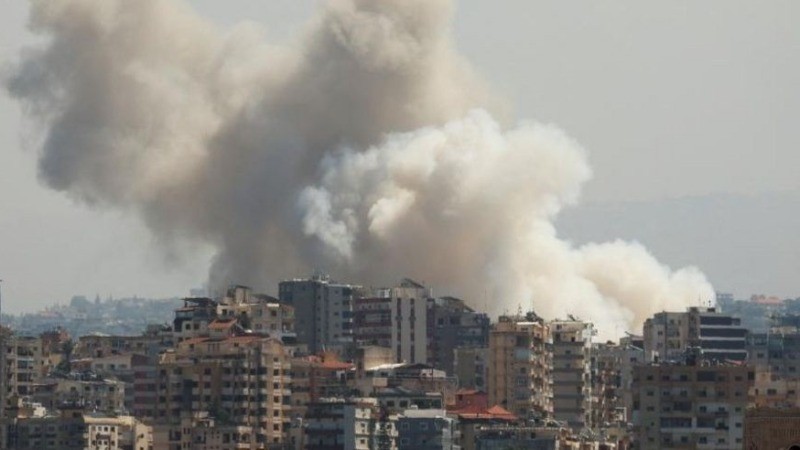
At least 492 people have lost their lives in extensive Israeli air strikes in Lebanon, targeting Hezbollah strongholds. The country's health ministry reported this as the deadliest day of conflict in nearly two decades. Thousands of families have been displaced as Israeli forces launched an operation to destroy Hezbollah infrastructure, hitting 1,300 targets.
In retaliation, Hezbollah fired over 200 rockets into northern Israel. Two people were injured by shrapnel, according to paramedics.
Lebanon's health ministry said that 35 children and 58 women were among the dead, with 1,645 others wounded. It remains unclear how many of the casualties were civilians or combatants. Health Minister Firass Abiad noted the displacement of thousands of families due to the air strikes.
The escalating violence has drawn international concern. UN Secretary General António Guterres voiced fears that Lebanon might face a similar fate to Gaza, while the EU's foreign affairs chief, Josep Borrell, called the situation "extremely dangerous." President Joe Biden said the US was working to "de-escalate the conflict" and announced that additional US troops would be deployed to the Middle East "out of caution."
Hezbollah, which has been engaging in cross-border fighting with Israel for almost a year following the war in Gaza, vowed to continue its support for Hamas. Both groups are backed by Iran and classified as terrorist organizations by several countries, including Israel and the UK.
Israeli airstrikes began early in the day, targeting numerous locations in southern Lebanon, including Sidon and Tyre. In the evening, the strikes reached Beirut, where a building was hit by several missiles. Reports indicated that the target was a Hezbollah commander, though his condition remains unclear.
Amid the chaos, roads were filled with people fleeing for safety, many heading towards the northern city of Tripoli. Prime Minister Najib Mikati condemned the strikes, calling them a "war of extermination."
The Israeli military confirmed it had hit around 1,300 Hezbollah targets, aiming to destroy infrastructure that had been built since the 2006 war. Israeli Prime Minister Benjamin Netanyahu urged Lebanese civilians to leave areas where Hezbollah stores weapons, warning that they were being used as human shields.
Hezbollah responded to the Israeli offensive by launching rockets at several Israeli military bases and a weapons manufacturing site. Over 210 projectiles were fired from Lebanon, with some hitting residential areas in northern Israel.
In a sign of defiance, Hezbollah's deputy leader, Naim Qassem, stated that the group would not back down, calling the ongoing conflict "an open-ended battle of reckoning."
As the situation continues to escalate, civilians on both sides are bearing the brunt of the violence, with no immediate end in sight.
More:
Who is Cristiana Barsony-Arcidiacono in the Lebanon Pager Tragedy?
Is Rinson Jose a Surprising New Link in Lebanon's Pager Blast Investigation?
Hezbollah's Devices: A Case Study in the Risks of Aging Tech Supply Chains